
Cancer Research UK has today set out how the next UK Government could reduce cancer mortality rates, by preventing thousands of future cancers as well as dramatically improving cancer survival.
Ahead of the next general election, the charity has published an ambitious cancer plan, which if adopted, would help avoid 20,000 cancer deaths a year across the UK by 2040.*
In the South East, this could mean an estimated 2,600 fewer people losing their lives to the disease each year.**
Developed with insight from cancer patients and experts, Longer, better lives: a manifesto for cancer research and care outlines five key missions to speed up progress in preventing, diagnosing and treating cancer.
Cancer Research UK said that huge strides forward had been made in beating the disease - with cancer survival in the UK doubling over the last 50 years. But it warned that with NHS cancer services in crisis and with half a million cancer cases a year projected by 2040 - of which around an estimated 72,000 could be in the South East*** - this hard-won progress is at risk of stalling.
The UK still lags behind comparable countries when it comes to cancer survival, the charity said, and called on all political parties to make cancer a top priority in their party manifestos.
Whoever assumes office after the general election must commit to developing a 10-year cancer plan. Urgent action is also required to address a more than £1 billion funding gap for research into cancer over the next decade, that will put hard-won medical advances at risk.
To tackle these complex challenges head on, the charity recommended that a nation-wide movement on cancer, spearheaded by a National Cancer Council accountable to the Prime Minister, which brings government, the life sciences sector, charities and scientific experts together, is established.

It is also calling for the introduction of measures to end cancers caused by smoking; improved early detection of cancer through initiatives including a lung screening programme; and action to ensure cancer wait time targets are met.
As part of the drive to make the next general election a turning point for people affected by cancer, Cancer Research UK has also enlisted the support of the public. Supporters are being urged to sign an open letter to party leaders at cruk.org/letter.
The need for people across the South East to have their say is clear – there are around 22,600 cancer deaths in the region every year.
**** And, with a growing and ageing population, it is projected that the number of people dying from cancer in the South East could rise to around 28,000 a year by 2040.*****
Cancer Research UK spokesperson for the South East, Lynn Daly, said:
“We've made huge progress in beating cancer over the last 50 years - but it remains the defining health issue of our time. Cases are rising and we estimate that half a million people will be diagnosed with cancer in the UK every year by 2040.
"People continue to face unacceptable delays to diagnosis and treatment and the UK lags behind comparable countries when it comes to cancer survival.
“The public expect and deserve action. We calculate that the recommendations made within our Manifesto for Cancer Research and Care, will reduce cancer mortality by 15% by 2040 - helping avoid 20,000 cancer deaths in the UK every year.
"But only if we act now. I urge everyone to support the manifesto and sign our open letter to party leaders. The prize is a legacy of life-saving cancer research and care that will benefit the UK for decades to come.”
The manifesto has garnered celebrity support from broadcaster Nick Grimshaw. He was motivated to get involved by the loss of his father to bladder cancer in 2016 and has joined forces with Cancer Research UK several times to help raise awareness and funds.
He said:
“We must turn the tide on cancer because the problem is growing. The fact that half a million people in the UK could be diagnosed with the disease by 2040 is an alarming statistic and one that will send shockwaves through so many families like mine.
“New tools and technologies offer the potential for us to make huge leaps forward in our understanding of cancer and how to beat it. But the future promise this offers for people affected by cancer isn’t guaranteed. We need to back research.
"Cancer Research UK’s plan offers politicians clear direction on how they can help turn hope into reality - meaning more families will be able to spend more moments with the people they love. As someone who understands the devastation a cancer diagnosis can bring all too well, this is something we should all get behind.”
Sign Cancer Research UK’s open letter to party leaders at cruk.org/letter
--------
* Calculated by the Cancer Intelligence Team at Cancer Research UK, November 2023. The number of cancer deaths avoided is estimated by comparing the number of deaths projected in 2038-2040 (cancer mortality projections to 2040) with the number of deaths that would be observed if age- and gender-specific mortality rates reduced by 15% between 2023-2025 and 2038-2040.
** Calculated by the Cancer Intelligence Team at Cancer Research UK, November 2023. Cancer deaths avoided in English regions are estimated by applying the proportions of all cancer deaths in England that occur in each region in 2021 (using data from the Office for National Statistics, accessed November 2023) to the number of deaths avoided estimated for 2038-2040 (see note above).
*** Calculated by the Cancer Intelligence Team at Cancer Research UK, November 2023. For the UK as a whole, age-period-cohort modelling approach described here, using 2020-based population projections (Office for National Statistics) and observed cancer incidence data (1975-2018). Cancer cases in English regions are estimated by applying the proportions of all cancer cases in England that occur in each region in 2017-19 (using data from Office for National Statistics (2017), Public Health England (2018), and NHS England (2019), accessed November 2023) to the number of cases projected for 2038-2040.
**** Average annual number of deaths from all cancers combined (ICD10 C00-C97) in the South East Region of England in 2018, 2019 and 2021. Source: England mortality data from NOMIS, accessed November 2023.
***** Calculated by the Cancer Intelligence Team at Cancer Research UK, November 2023. For the UK as a whole, age-period-cohort modelling approach described here, using 2020-based population projections (Office for National Statistics) and observed cancer mortality data (1975-2018). Cancer deaths in English regions are estimated by applying the proportions of all cancer deaths in England that occur in each region in 2021 (using data from the Office for National Statistics, accessed November 2023) to the number of deaths projected for 2038-2040.

 Event Bookings Go Live For Worthing Festival ‘24
Event Bookings Go Live For Worthing Festival ‘24
 Man Charged After Throwing Brick Through Brighton Restaurant Window
Man Charged After Throwing Brick Through Brighton Restaurant Window
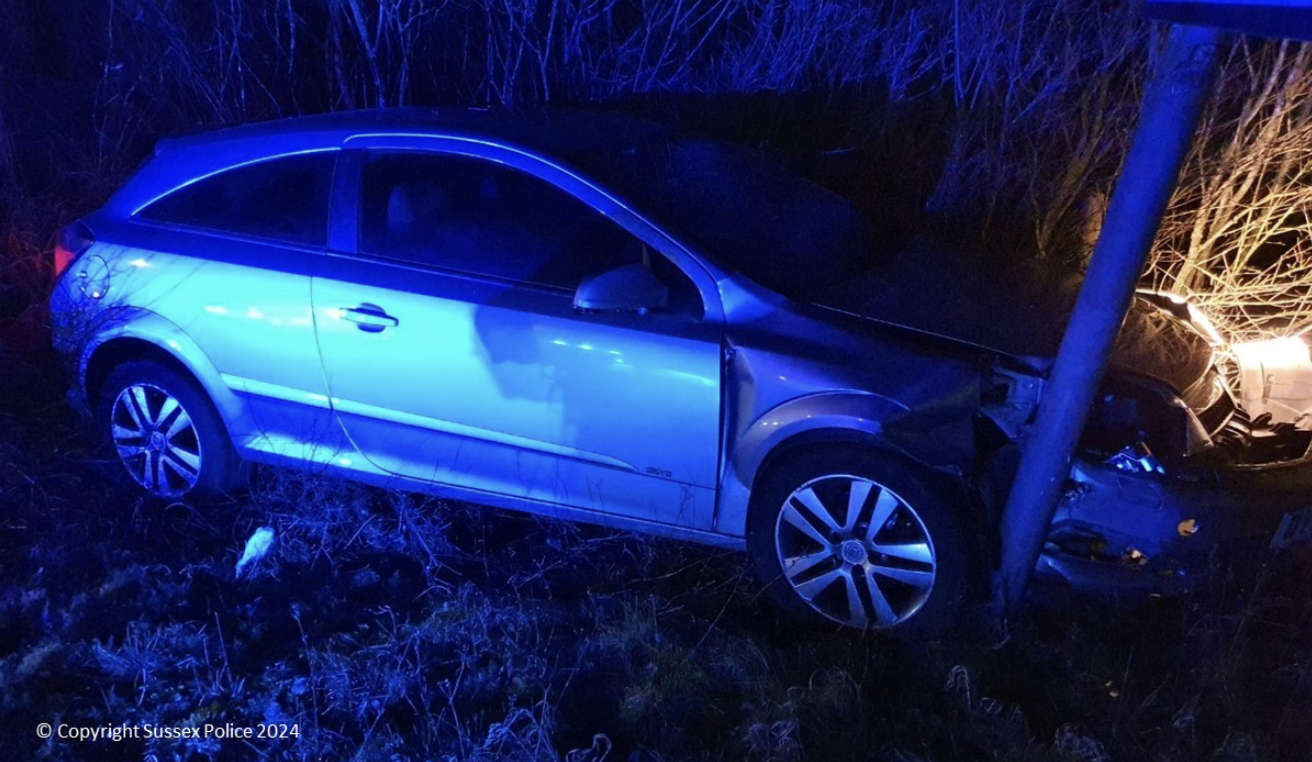 Peacehaven Man Disqualified Over High-Speed A27 Pursuit Near Brighton
Peacehaven Man Disqualified Over High-Speed A27 Pursuit Near Brighton
 Appeal After PCSO Assaulted In Uckfield
Appeal After PCSO Assaulted In Uckfield
 Man Charged With Rape Of Teenage Girl In Newhaven
Man Charged With Rape Of Teenage Girl In Newhaven
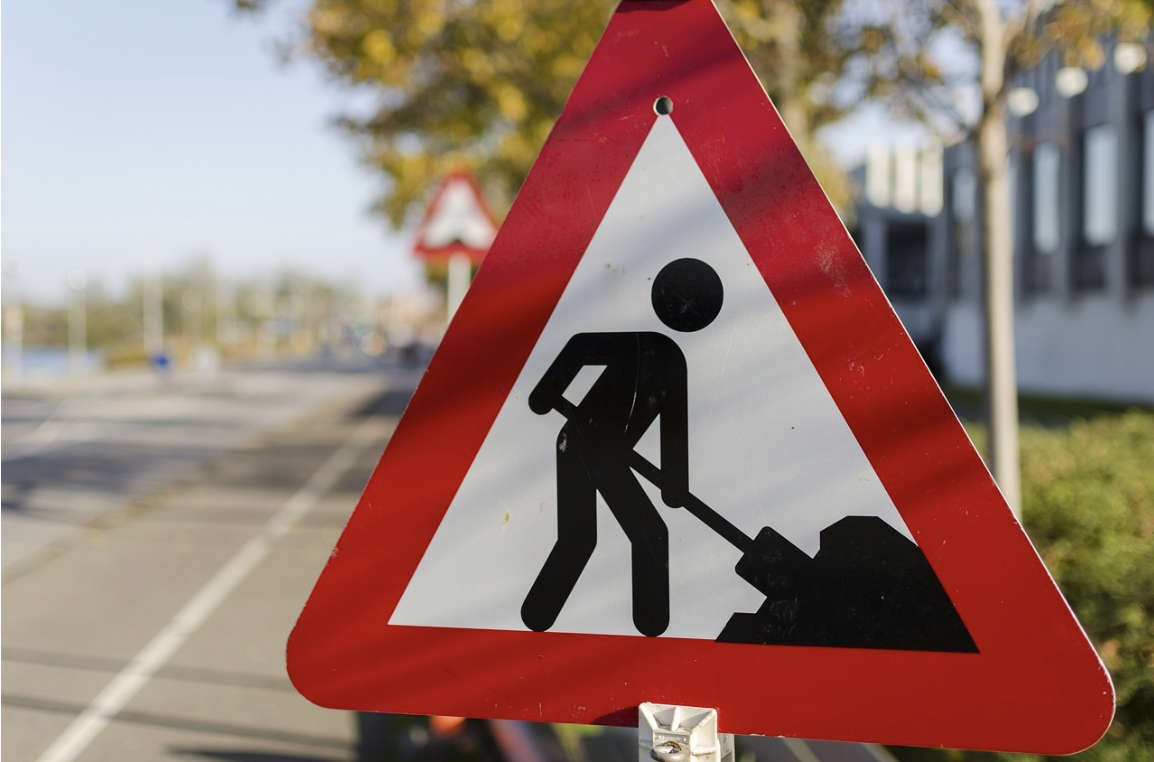 Overnight Closures For A22 Forest Row Road Improvements
Overnight Closures For A22 Forest Row Road Improvements
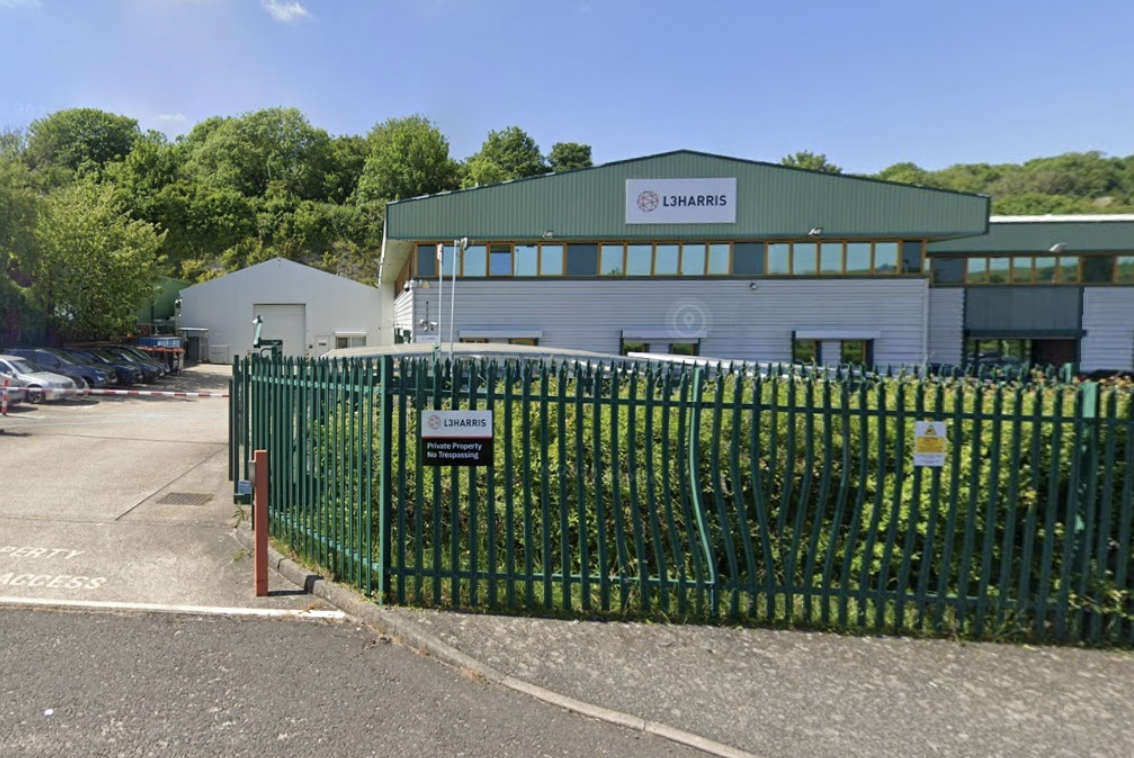 Brighton Defence Manufacturer's Controversial Planning Application Likely To Be Heard
Brighton Defence Manufacturer's Controversial Planning Application Likely To Be Heard
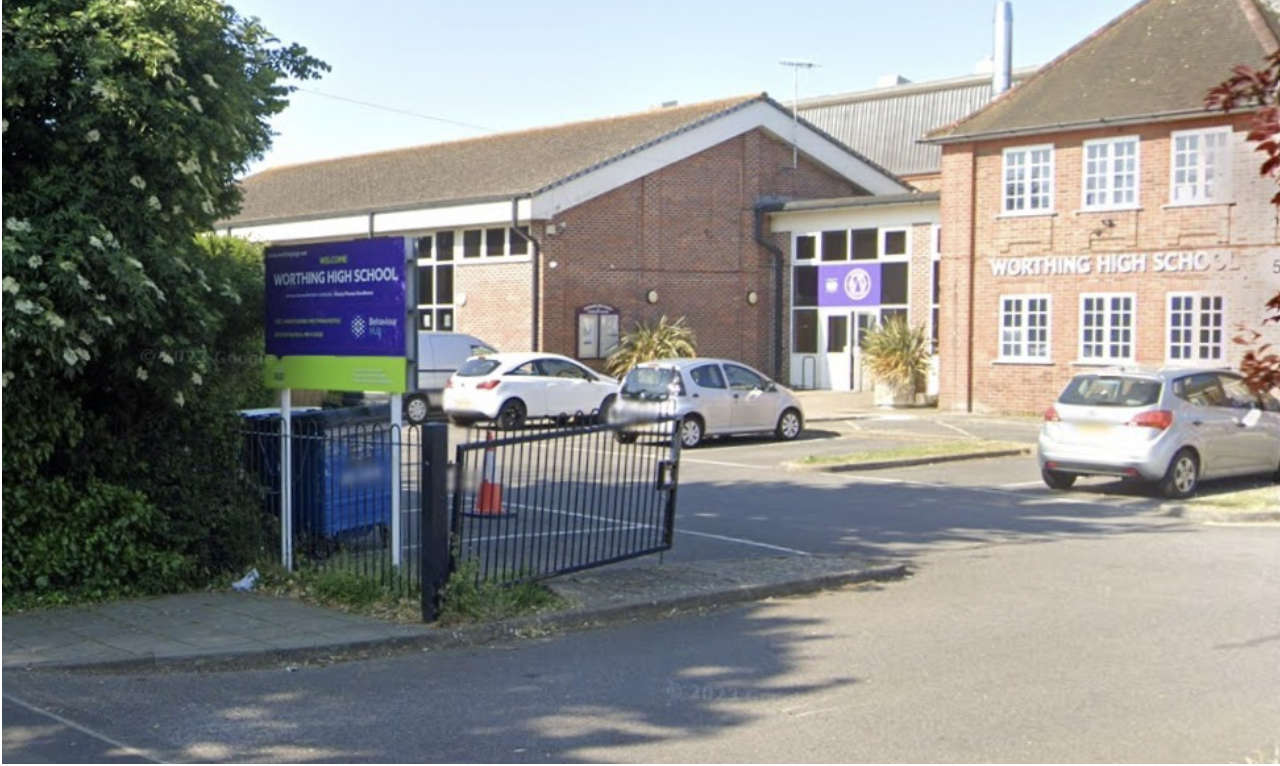 Over £2.4m Approved For Worthing School Support Centre
Over £2.4m Approved For Worthing School Support Centre
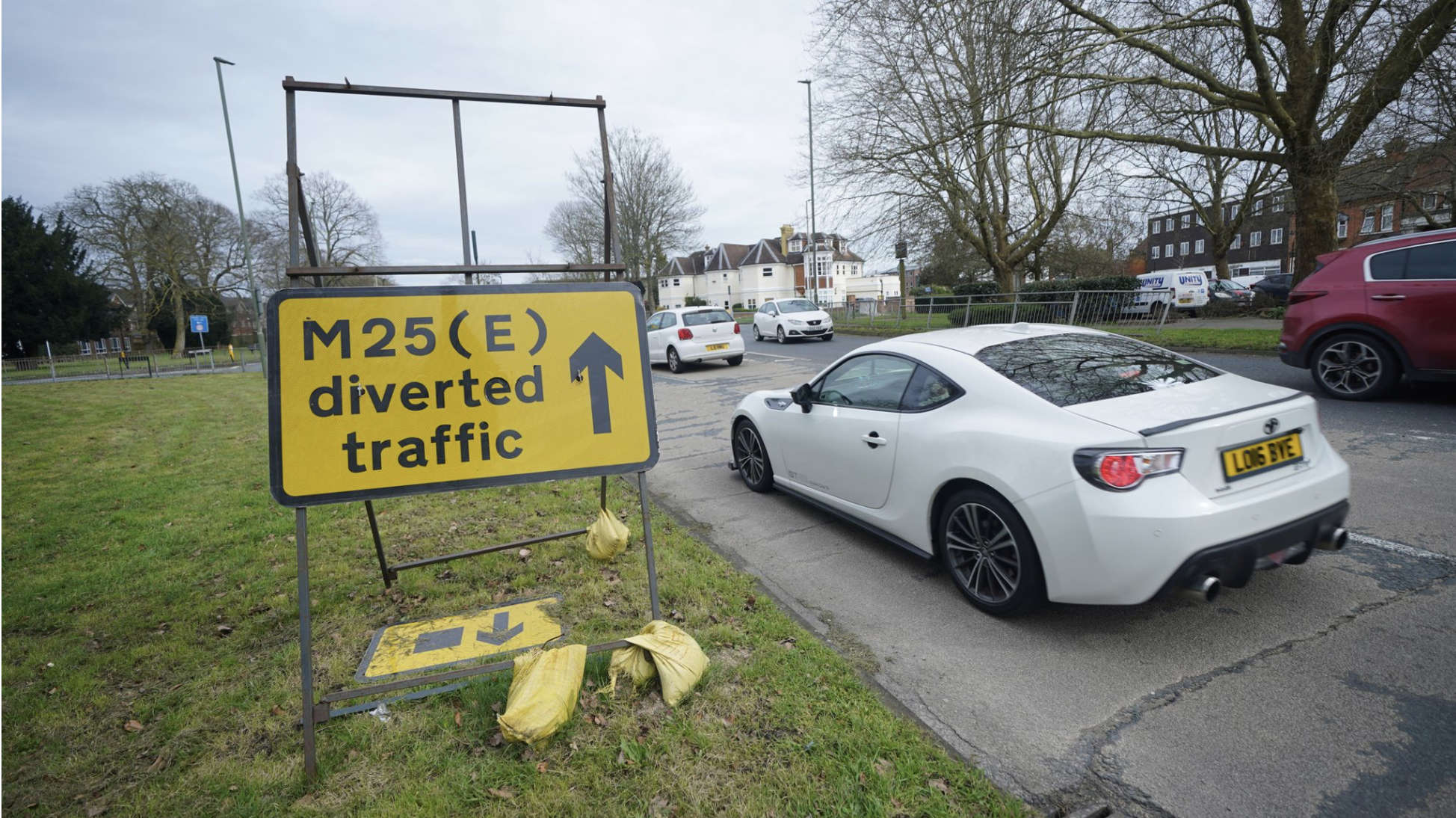 Section Of M25 To Close Again Tonight - As Drivers Warned Not To Get Complacent
Section Of M25 To Close Again Tonight - As Drivers Warned Not To Get Complacent
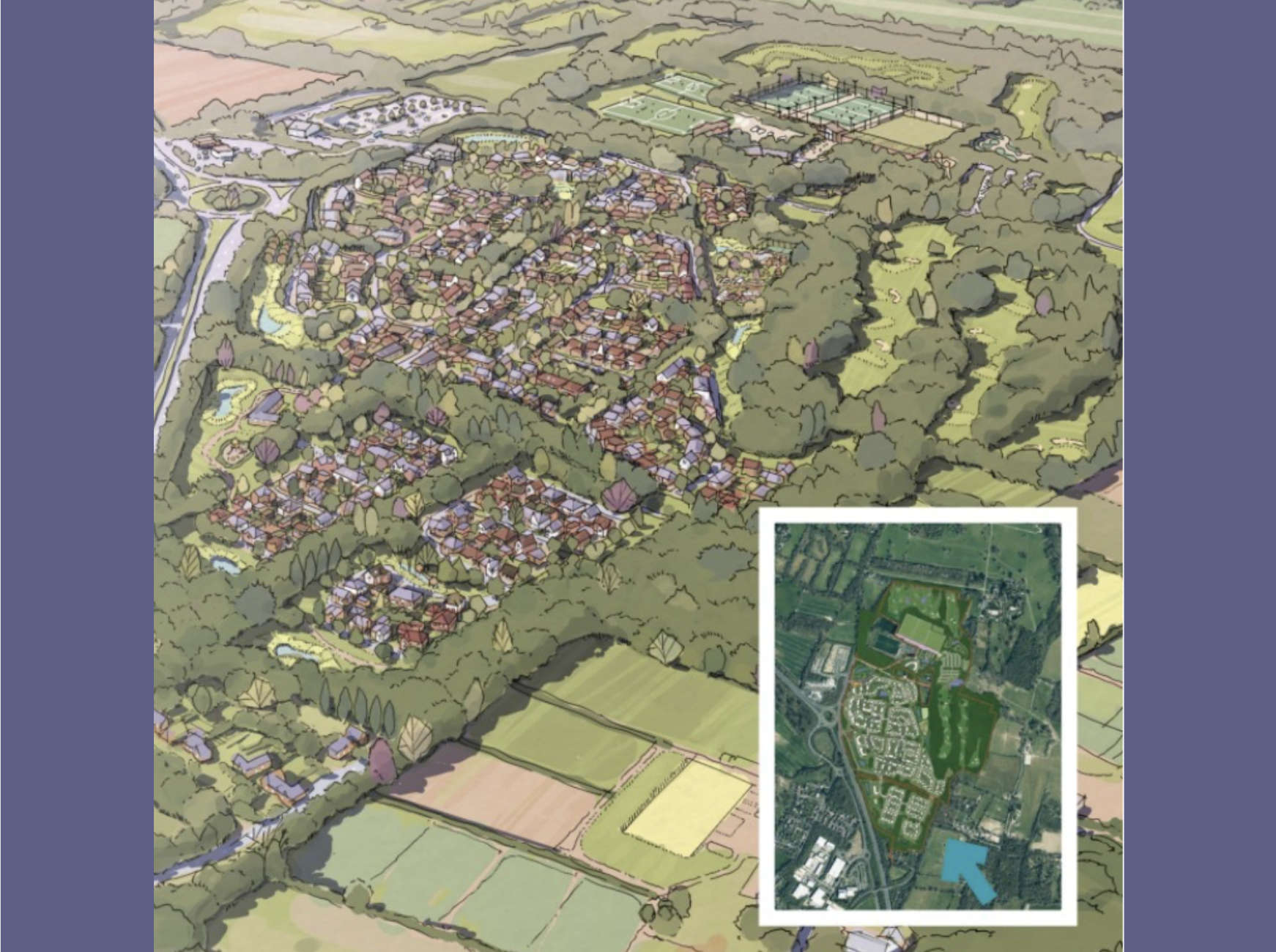 Plans For 800 New Horsham Homes Refused
Plans For 800 New Horsham Homes Refused